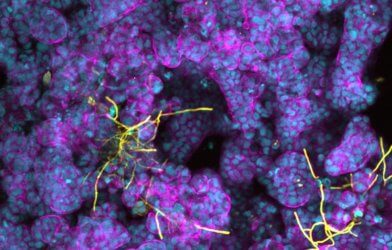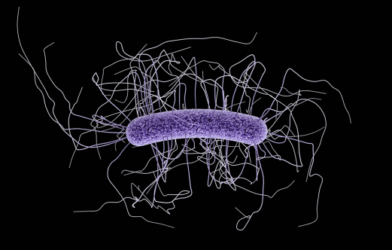
Disease Prevention


Your favorite cereal or pasta dish could help ward off ‘range of cancers’ by 60% — if it’s made with thisAugust 9, 2022

Cure for diabetes, IBS hiding in healthy stool samples? How E. coli transplants could be life-changingAugust 4, 2022

Researchers uncover previously unknown defense mechanism in battling Candida infectionsJuly 25, 2022

Artificial intelligence system developed to treat inflammatory bowel diseaseJuly 22, 2022

Colorectal cancer: ‘Shocking’ surge in cases among younger adults may be driven by C. diff infectionsJuly 21, 2022

Accumulation of belly fat linked to increased risk of metabolic diseaseJuly 19, 2022

Powerful prebiotic: Prunes could boost gut microbiota, improve bone health in older womenJuly 15, 2022

COVID-19 can survive in the meat in your freezer for weeks, study saysJuly 12, 2022
